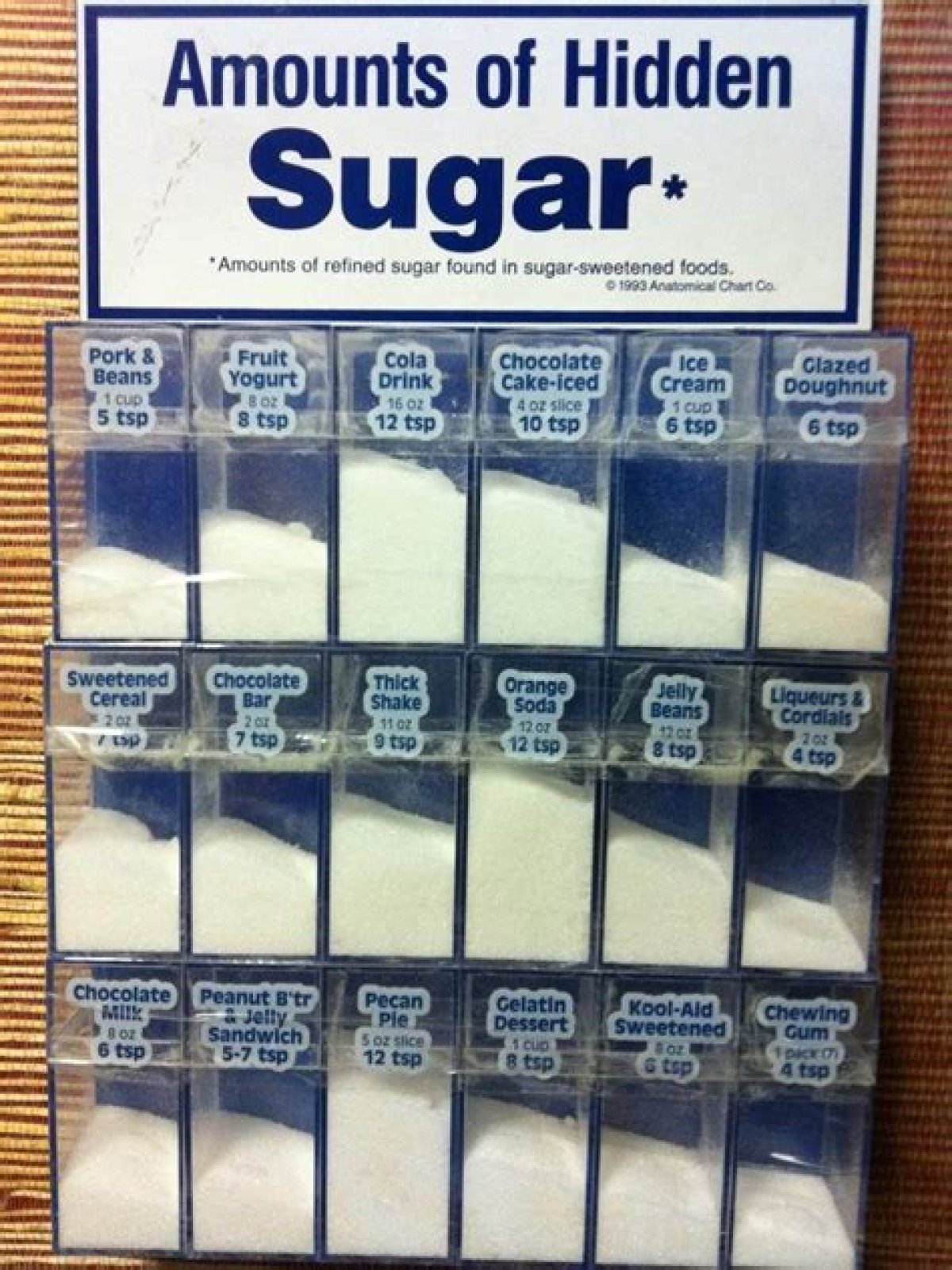Also know, how much sugar per 100g is OK?
more than 22.5g of total sugars per 100g is high. 5g of total sugars or less per 100g is low.
Secondly, is 70g of sugar a lot? There is no scientific evidence that consuming these sugars leads to health problems. A single can or 600ml bottle of soft drink can easily exceed the WHO recommendation, providing around 40-70g sugar. One teaspoon equates to 4.5g white sugar, so soft drinks range from 8.5 to 15.5 teaspoons.
Accordingly, how much sugar is too much in a day?
The American Heart Association (AHA) recommends no more than 6 teaspoons (25 grams) of added sugar per day for women and 9 teaspoons (38 grams) for men. The AHA limits for children vary depending on their age and caloric needs, but range between 3-6 teaspoons (12 - 25 grams) per day.
WHO recommended sugar intake?
The World Health Organization is dropping its sugar intake recommendations from 10 percent of your daily calorie intake to 5 percent. For an adult of a normal body mass index (BMI), that works out to about 6 teaspoons -- or 25 grams -- of sugar per day.
How much sugar a day is OK?
How much sugar and salt should you have a day?
Is 15g of sugar a lot in yogurt?
How much sugar should I have a day calculator?
What should I do if I ate too much sugar?
- Eat some protein and fiber. Stabilize your blood sugar by eating some slow-digesting protein and fiber.
- Go to a yoga class. Eighty percent of people say they eat more sweets when they're stressed out.
- Prep a healthy meal for later.
- Eat some probiotic foods.
How can I stop eating sugar?
- Cut Back on Sugar-Filled Drinks.
- Avoid Sugar-Loaded Desserts.
- Avoid Sauces With Lots of Sugar.
- Eat Full-Fat Foods.
- Eat Whole Foods.
- Check for Sugar in Canned Foods.
- Be Careful With So-Called "Healthy" Processed Snack Foods.
- Avoid Sugar-Filled Breakfast Foods.
Can you have too much natural sugar?
What happens to your body if you eat too much sugar?
Will I lose weight if I stop eating sugar?
How do you know if you have too much sugar in your body?
Can you die from eating too much sugar in one day?
Do cancer cells feed on sugar?
Is the sugar in fruit bad for you?
How much sugar should you have a day to lose weight?
What is so bad about sugar?
What can you eat on a no sugar diet?
- Fruits and vegetables: You can eat dozens of fruits and vegetables, but steer clear of a few (like parsnips, watermelon, and pineapple).
- Grains: Whole-grain bread and pasta, brown rice, and oatmeal are allowed.
